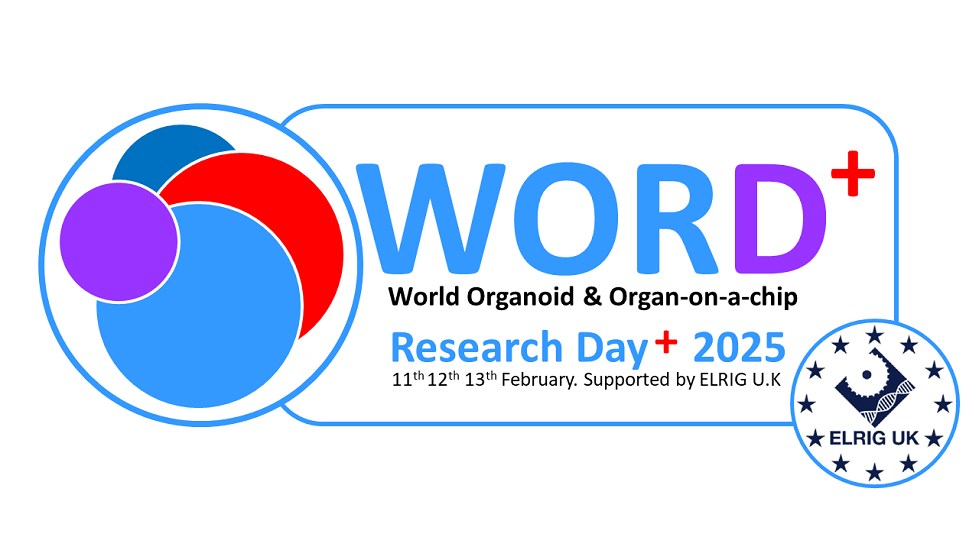Authors
M Grochowski1; W Wojtys1; M Jerzyk1; A Gandurski1; D Walerych1;
1 Mossakowski Medical Research Institute, Polish Academy of Sciences, Poland
Overview
Digestive system cancers remain a significant clinical challenge. By using patient-derived cancer organoids and applying drug sensitivity and organoid assembly assays, we tested new therapeutic protocols developed in our laboratory, comparing them to standard chemotherapy. Organoid model allowed to monitor how different parameters of the 3D culture respond to the used protocols
Introduction
Pancreatic and colon cancers are among the most common
causes of death in Polish and EU neoplasia patients.
Improvement of patient outcomes in these diseases requires
personalized therapeutic approaches and a larger choice of
treatment protocols.
A broad aim of this project is to develop and test new
experimental therapeutic protocols using patient-derived
cancer organoids.
Methods
▷ Patient-derived colon and pancreatic cancer organoids
▷ Organoid Drug Sensitivity Assay
▷ Organoid Assembly Assay based on Spinning Disc Microscopy
▷ ImageJ with TrackMate and GraphPad Prism software used for analysis
Results
1. The efficiency of experimental therapeutic protocols matched or surpassed standard chemotherapetic protocols in killing cancer organoids characterized by either TP53 mutations, KRAS mutations or MYC activation.
2. Organoid assembly assay allowed to distinguish effects on cell migration in 3D environment and formation of organoids in time. The used drug combinations decreased only the assembly, while sgRNA-mediated mutant p53 knockdown affected the migration.
Conclusion
1. The efficiency of experimental therapeutic protocols matched or surpassed standard chemotherapetic protocols in killing cancer organoids characterized by either TP53 mutations, KRAS mutations or MYC activation.
2. Organoid assembly assay allowed to distinguish effects on cell migration in 3D environment and formation of organoids in time. The used drug combinations decreased only the assembly, while sgRNA-mediated mutant p53 knockdown affected the migration.

